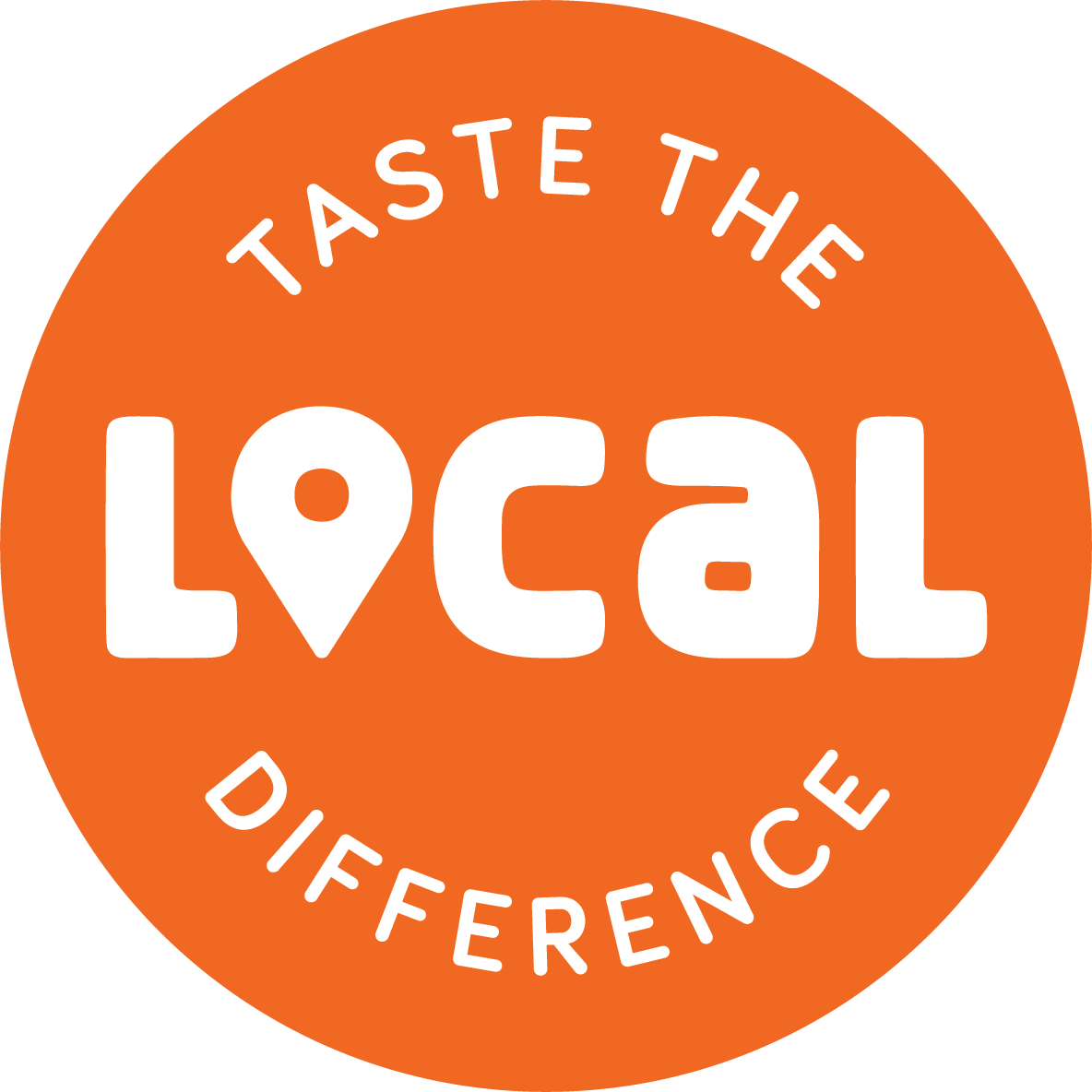Regenerative farming is a hot topic these days, and it’s not hard to see why. The practice of regenerative farming goes beyond just growing crops and raising animals – it’s about restoring the health of the land and the ecosystem as a whole.
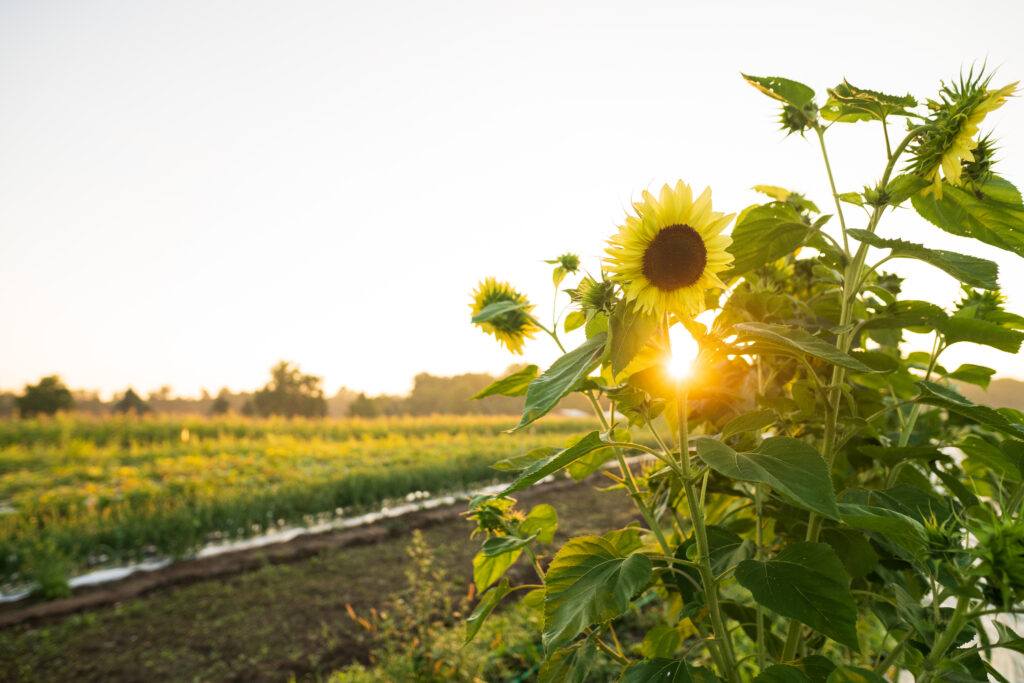
What is Regenerative Agriculture?
Regenerative agriculture aims to make the land more productive and biodiverse over time by taking a systems-based, holistic approach to land stewardship. Soil health and function are the keys to increasing productivity and biodiversity. Organic matter, which consists of anything alive or that was once living, such as a plant root, an earthworm, or a microbe, is essential for healthy soil.
Regenerative farming is not just about producing delicious food – it’s also about creating a sustainable future for our planet. By restoring the health of the land, regenerative farmers are helping to mitigate the effects of climate change, protect biodiversity, and create healthier ecosystems, working to create a better world for all of us.
Regenerative Farm in Action: Verdant Hollow Farm
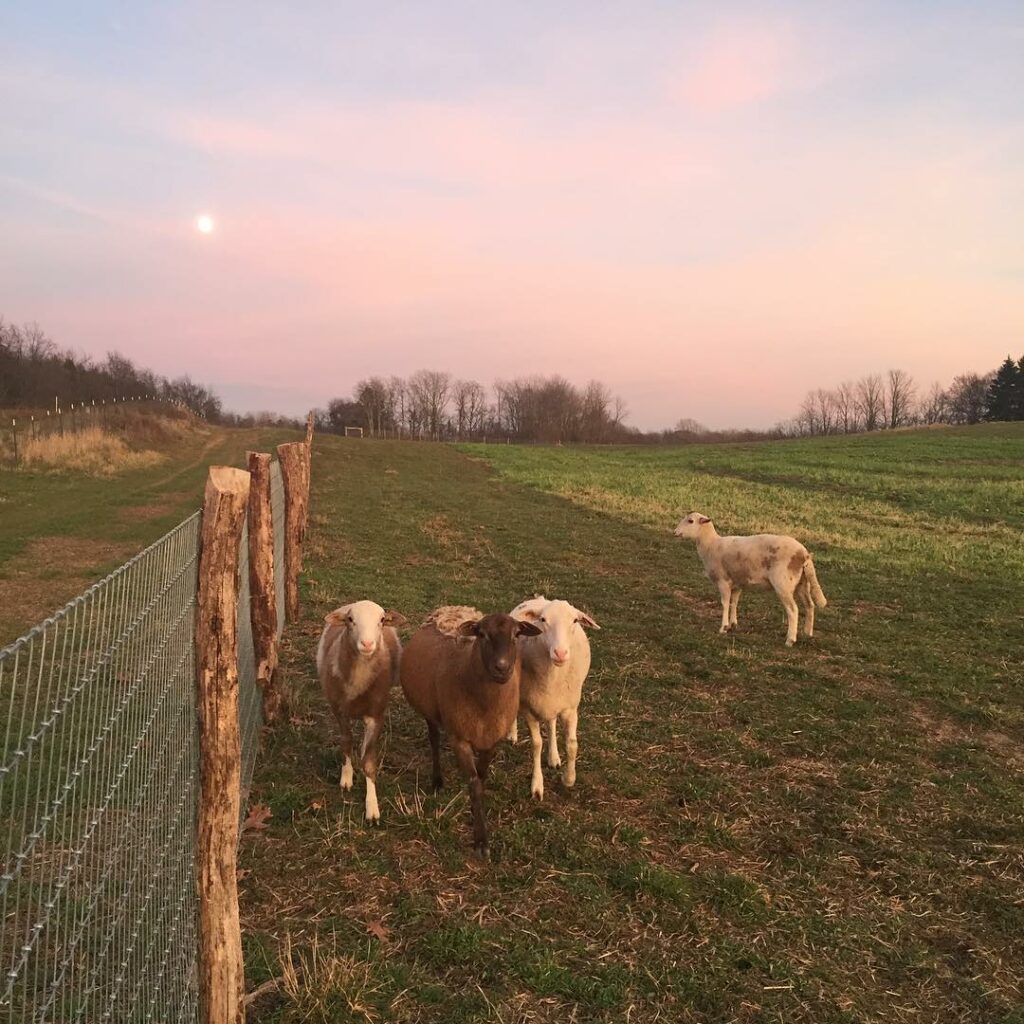
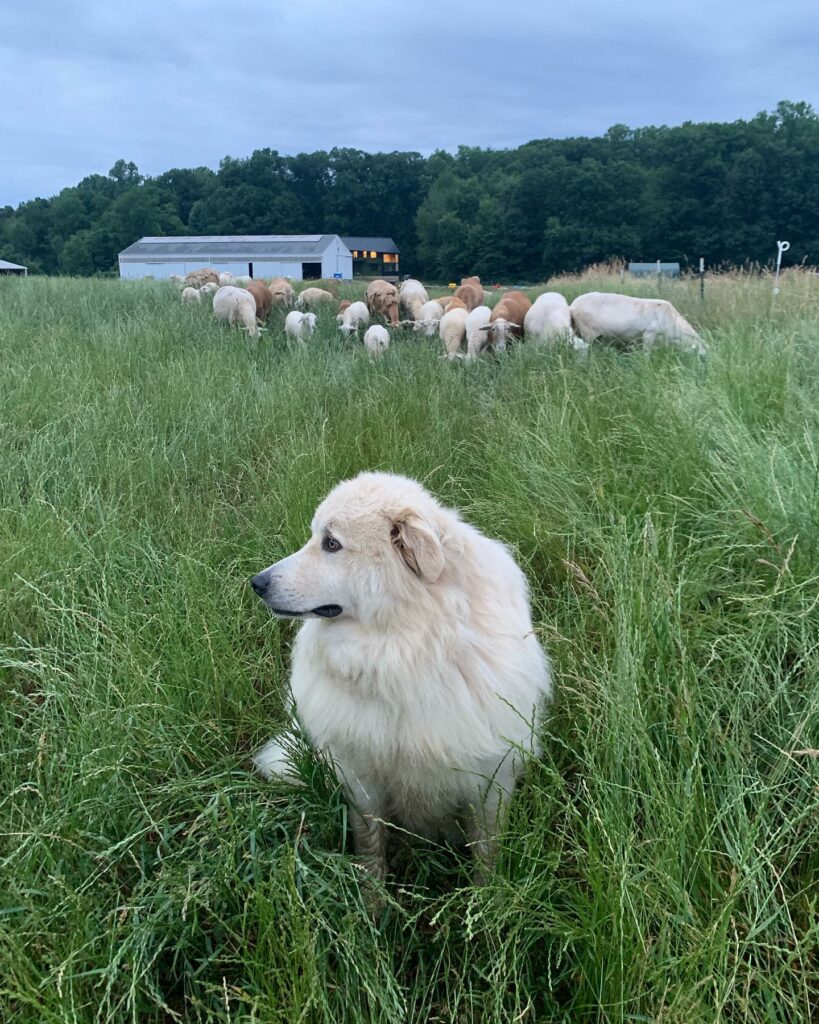
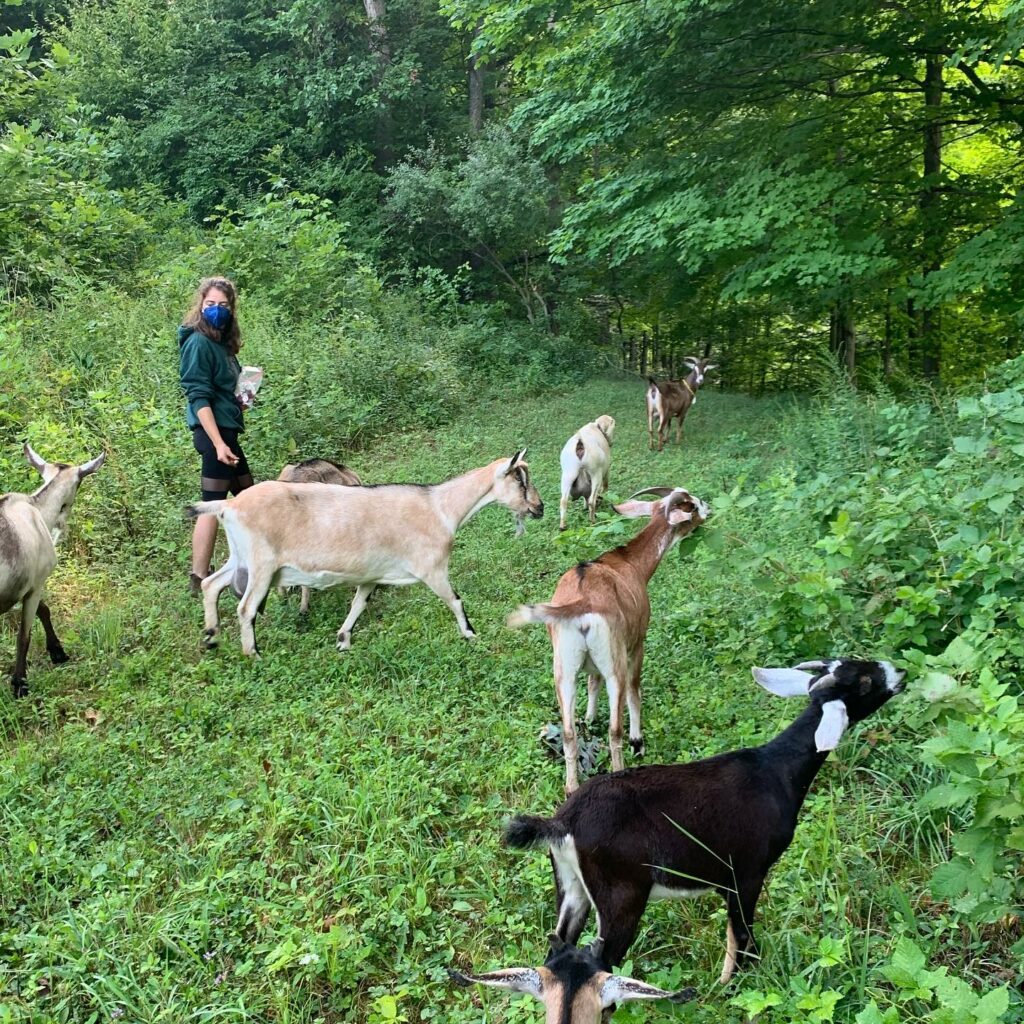
Verdant Hollow Farms, a regenerative farm in Buchanan, Michigan, is owned by passionate farmer Susan Flynn. In 2016, Sue searched for farmland in Southwest Michigan to create an organic farm that restores soil health and serves as a retreat space. Verdant Hollow Farms became her dream farm, connecting visitors with nature and healthy food. Sue is a certified yoga instructor and mindfulness meditation teacher, community volunteer, and mom of four. She lives near the farm with her partner Ted and enjoys gardening and getting lost in the woods.
Verdant Hollow Farms employs regenerative farming practices to restore soil, water, and woodlands while cultivating vegetables and animals. The farm welcomes visitors and the local community to explore and learn about the natural features and sustainable farming practices. With quality food and accommodations, guests can immerse themselves in the environment and educational experiences.
You can find farms in your neck of the woods and filter by growing practices in our Find Food and Farms Database!
Neil Davey is a resident of Marshall, MI and is the Southwest Michigan Local Food Coordinator for Taste the Local Difference. This Hoosier-turned-Michigander can often be found writing his next book, fooling around in the garden, experimenting with his weekly CSA produce, or planning his next hiking trip somewhere in the pleasant peninsula.
